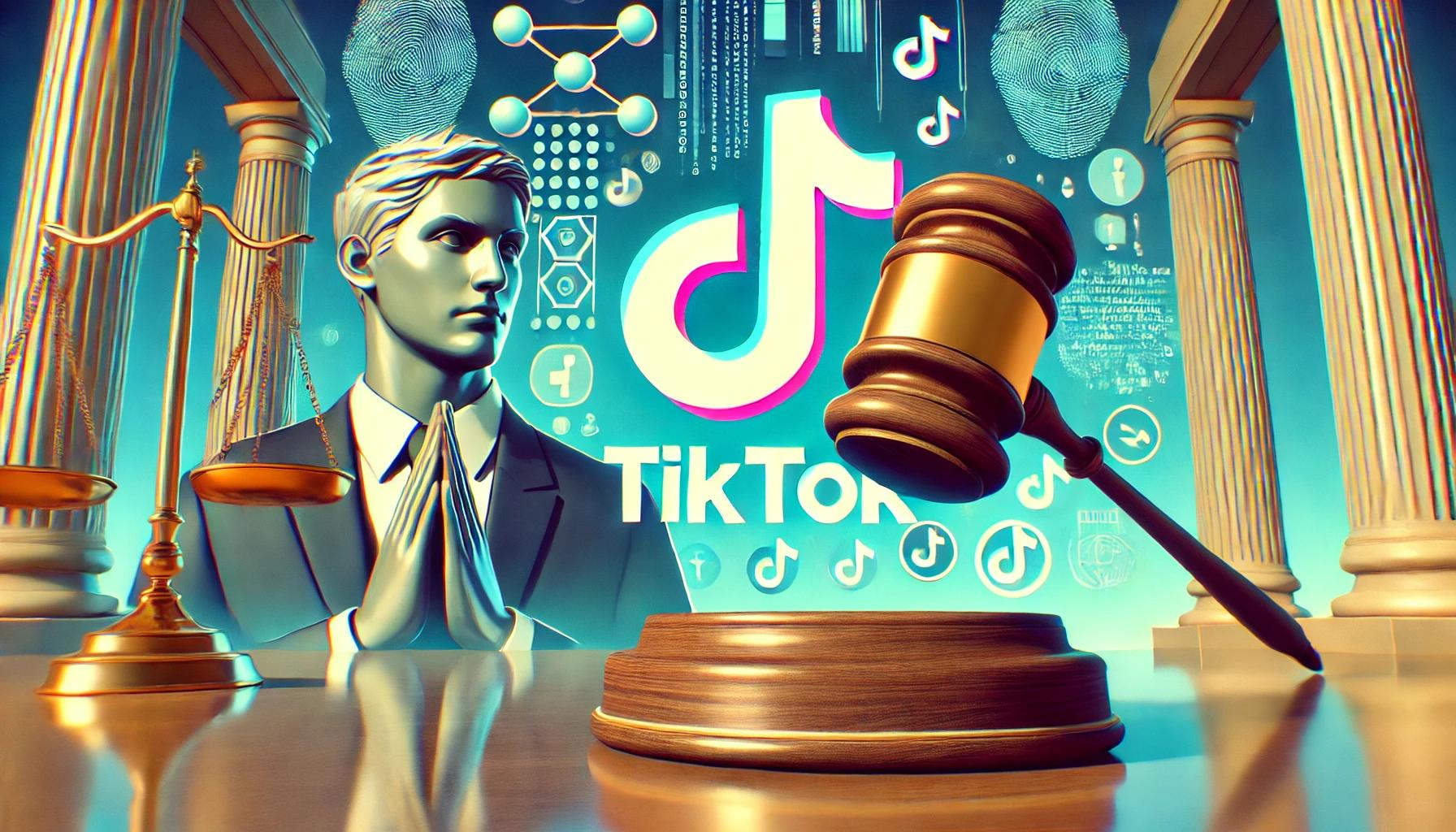
TikTok is intensifying its legal battle against the United States government, firmly denying allegations that the popular video-sharing app is a tool for Chinese government surveillance. The controversy stems from a law passed on April 24, 2023, which demands that TikTok’s parent company, ByteDance, either divest from the platform or face a ban in the U.S. by 2025.
ByteDance has argued in a recent federal appeals court filing that the U.S. Department of Justice (DoJ) has exaggerated the company's ties to China. The company contends that the law violates its constitutional rights, particularly the right to free speech, by imposing restrictions based on unfounded fears.
In the filing, ByteDance emphasized that U.S. user data is stored on secure cloud servers operated by Oracle within the United States, and that content moderation decisions affecting American users are made domestically. TikTok’s recommendation algorithms, a critical aspect of the platform, are also managed independently of any foreign influence.
ByteDance also criticized the DoJ’s logic, suggesting that it would set a dangerous precedent. The company argued that if the government’s reasoning were applied broadly, it could strip U.S. constitutional protections from any American publication that republishes foreign content.
Despite the law's demands, ByteDance has made it clear that it has no plans to sell TikTok to a U.S. company or to sever its ties with the platform. The company views the algorithms behind TikTok and its other ventures as too valuable and integral to consider such a sale.
The next critical step in this legal showdown will occur on September 16, when oral arguments are scheduled to be heard by the federal appeals court. The outcome could have significant implications for the future of TikTok in the United States and the broader debate over digital privacy and national security.